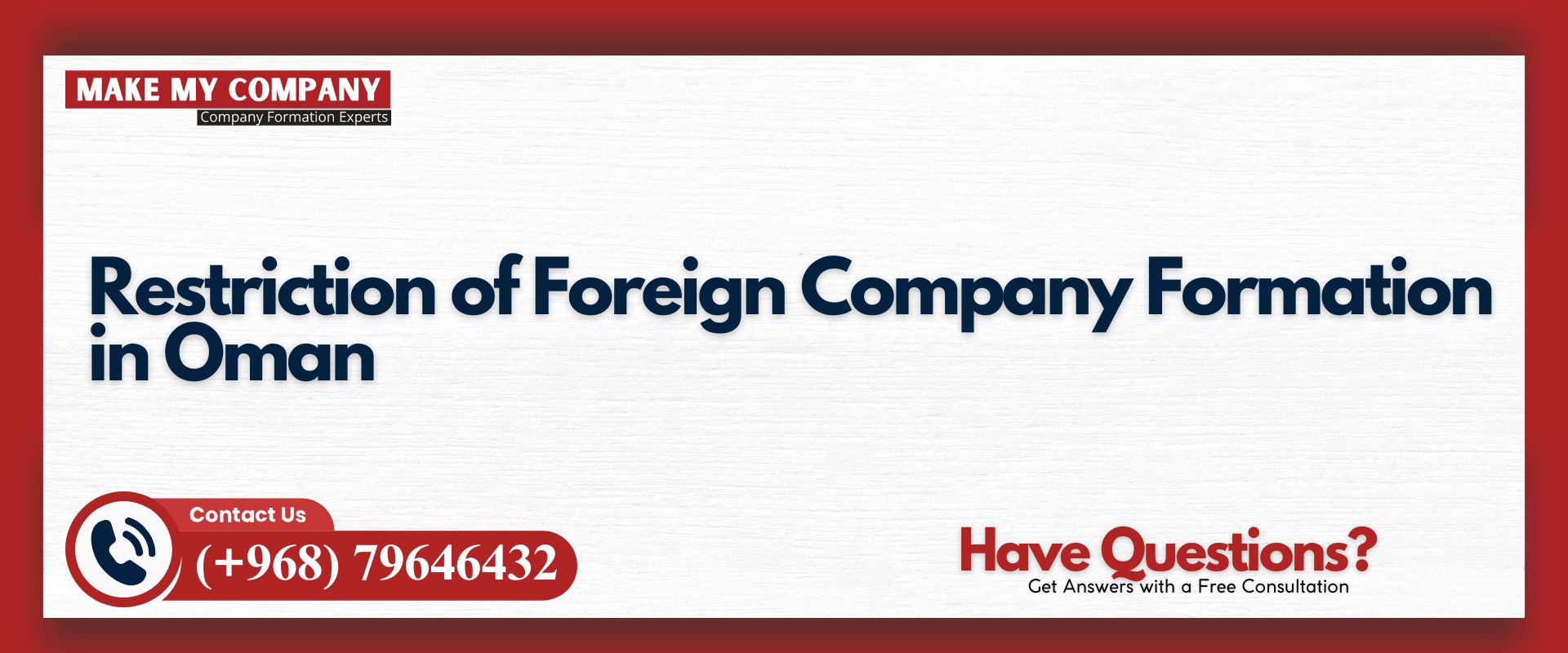Oman, with its growing economy and stable financial sector, is an attractive destination for businesses looking to establish financial institutions. If you are considering entering the banking sector, obtaining a Banking License in Oman is a crucial step. This guide will walk you through the process, requirements, and benefits of securing a Banking License in Oman, ensuring compliance with regulatory standards while optimizing your business potential.
Understanding Banking Licenses in Oman
A Banking License in Oman is an official authorization granted by the Central Bank of Oman (CBO) that allows financial institutions to conduct banking activities within the country. It ensures that banks operate legally, following strict compliance, security, and financial standards.
Types of Banking Licenses in Oman
The Central Bank of Oman offers different types of banking licenses, including:
- Commercial Banking License – For institutions providing traditional banking services like deposits, loans, and fund transfers.
- Investment Banking License – For firms focused on wealth management, asset financing, and capital investments.
- Islamic Banking License – For banks operating under Sharia-compliant principles.
- Foreign Bank Branch License – For international banks establishing branches in Oman.
Steps to Obtain a Banking License in Oman
Starting a banking business setup in Oman involves multiple steps to ensure compliance with regulatory requirements and establish a strong foundation. The process requires thorough planning, legal structuring, and approval from the Central Bank of Oman (CBO). Entrepreneurs must conduct in-depth market research, prepare a comprehensive business plan, and meet stringent capital requirements. From registering a legal entity to passing regulatory due diligence, each phase plays a crucial role in securing a banking license. The following steps outline the necessary procedures to navigate this process efficiently and build a successful banking institution in Oman.
Research and Business Plan Preparation
Before applying, conduct thorough market research and prepare a detailed business plan. This should outline:
- Objectives and financial projections
- Business model and market strategy
- Risk assessment and compliance framework
Register Your Business Entity
To apply for a Banking License in Oman, you must first establish a legal business entity. This requires:
- Registering with the Ministry of Commerce, Industry, and Investment Promotion (MOCIIP)
- Choosing an appropriate business structure
- Meeting capital requirements as per CBO regulations
Fulfill Capital Requirements
The Central Bank of Oman mandates a minimum capital requirement depending on the type of banking license:
- OMR 100 million for commercial banks
- OMR 20 million for investment banks
- OMR 10 million for Islamic banks
Submit an Application to the Central Bank of Oman
Your application must include:
- Business feasibility study
- Ownership details and board members’ credentials
- Anti-money laundering (AML) and risk management policies
- Proof of sufficient capital funding
Regulatory Compliance and Due Diligence
The CBO conducts a thorough background check on investors, shareholders, and board members to ensure compliance with local and international financial regulations. This step includes:
- Assessing financial credibility
- Evaluating AML and Know Your Customer (KYC) policies
- Ensuring corporate governance standards are met
Obtain Provisional Approval
Upon successful evaluation, the CBO may grant provisional approval. This allows you to:
- Set up office space and infrastructure
- Hire banking professionals and compliance officers
- Finalize IT security and financial systems
Final Inspection and Full License Issuance
Once your bank is operationally ready, the CBO conducts a final inspection. If all regulatory requirements are met, you will receive a full Banking License in Oman, enabling you to commence business operations officially.
Key Benefits of Obtaining a Banking License in Oman
- Strategic Location – Access to GCC and international financial markets
- Business Growth Opportunities – Supportive regulatory framework for banking expansion
- Investor Confidence – Operating under the CBO’s robust financial supervision ensures credibility
- Islamic Banking Opportunities – A growing sector with increasing demand for Sharia-compliant banking solutions
Challenges and How to Overcome Them
Establishing a banking business in Oman comes with several challenges that require careful planning and strategic execution. The stringent regulatory framework, high capital requirements, and adherence to international financial standards can be daunting for new entrants. Entrepreneurs must navigate complex compliance procedures while ensuring financial sustainability. By leveraging expert financial and legal guidance, aligning business operations with CBO regulations, and implementing robust risk management frameworks, businesses can successfully overcome these challenges and build a strong banking presence in Oman.
Stringent Regulatory Requirements
Oman enforces strict banking laws. Ensure your business plan aligns with CBO guidelines and seek expert consultation to navigate compliance challenges.
High Capital Investment
Capital requirements can be substantial. Partnering with financial backers or leveraging business setup consultants can help structure financing effectively.
Compliance with International Standards
Adhering to AML, KYC, and Basel III banking regulations is crucial. Investing in a strong legal and compliance team will ensure regulatory adherence.
Conclusion
Securing a Banking License in Oman is a strategic move for financial entrepreneurs. By following the regulatory process and ensuring compliance, you can establish a strong banking presence in the region. If you’re looking for expert assistance in setting up your banking institution, Make My Company is here to guide you every step of the way. Contact us today to start your journey in Oman’s thriving financial sector.









